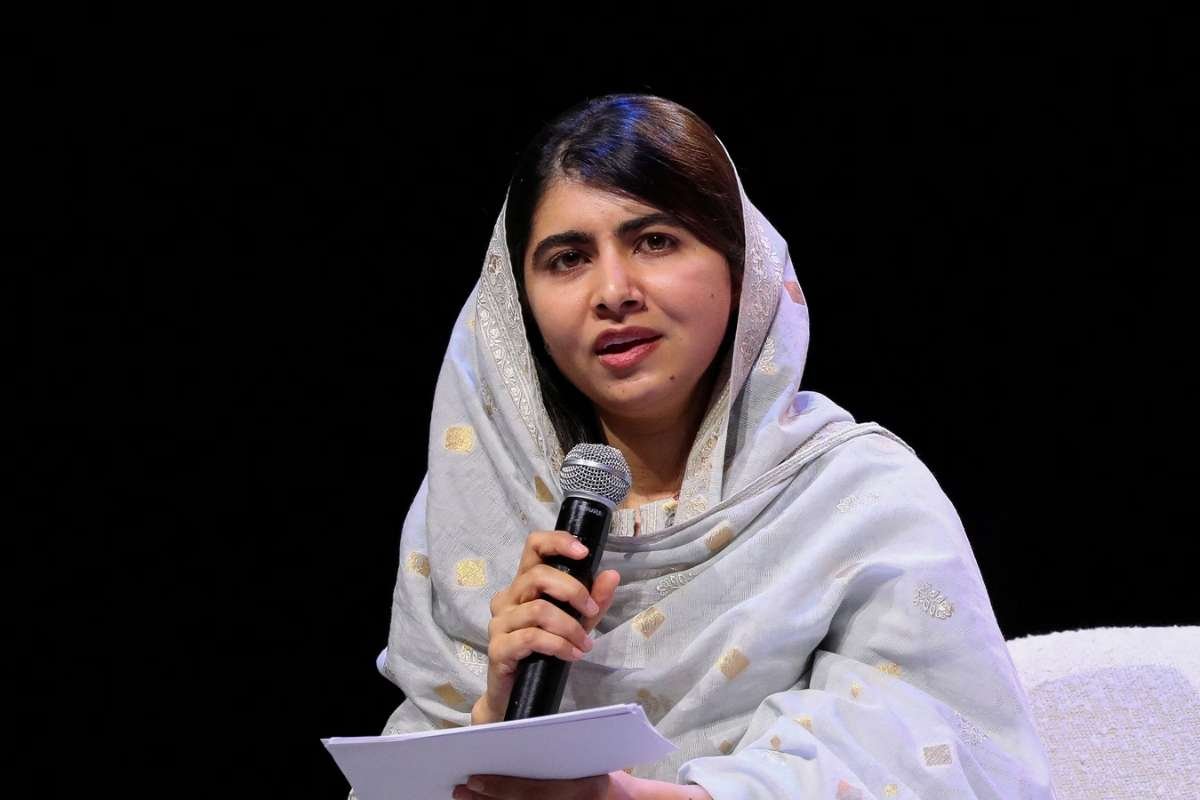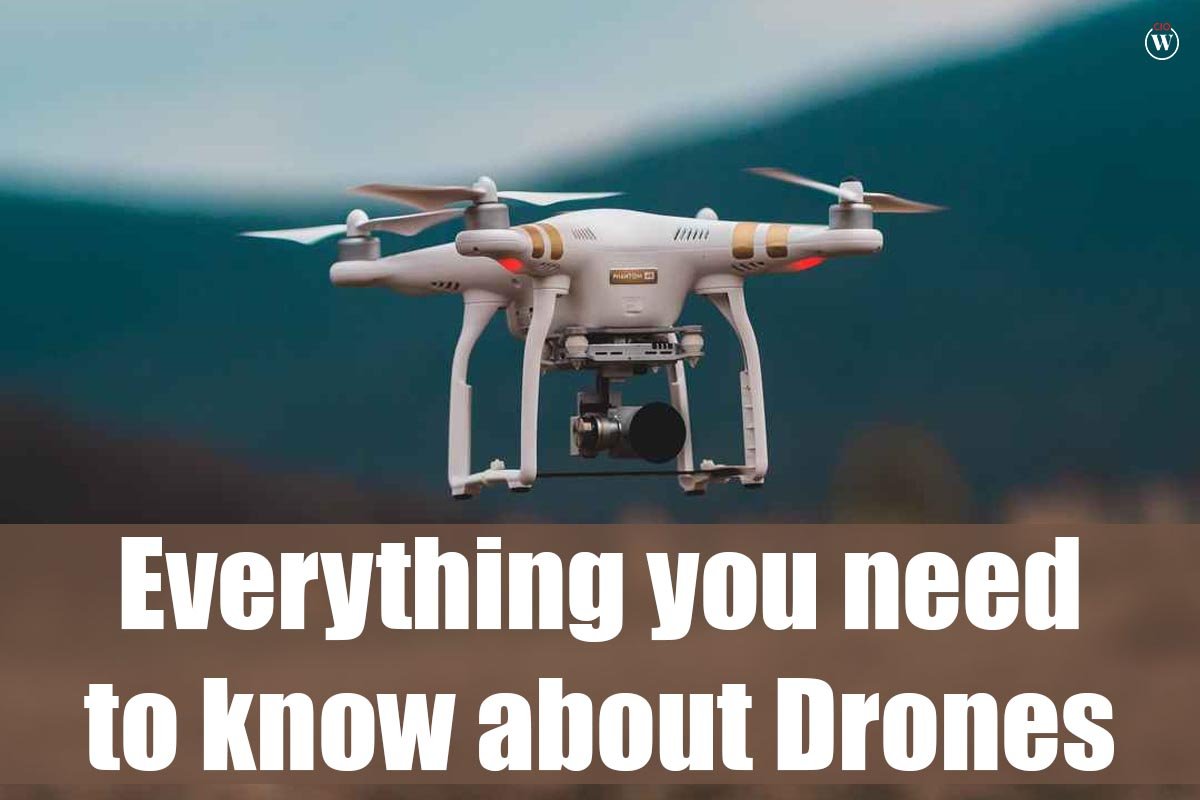Key Points:
- Malala had a Taliban-related flashback at Oxford.
- Trauma can resurface unexpectedly.
- Memoir shows courage in vulnerability.
Nobel Peace Prize winner Malala Yousafzai has revealed a deeply personal episode from her student life at Oxford University, one that unexpectedly reopened a painful chapter from her past. In her upcoming memoir Finding My Way, Malala recounts how a casual evening with friends turned into a distressing ordeal when an experiment with a bong triggered a vivid flashback to the day she was shot by the Taliban.
The scene began innocently. Surrounded by classmates in a student hangout, laughter filled the air as a glass bong made its way around the group. Curious and wanting to share the experience, Malala took her turn. Within moments of inhaling, she felt her body go still and her surroundings blur. What began as a moment of lighthearted curiosity quickly dissolved into panic. Her limbs froze, her voice faltered, and her sense of control slipped away.
As confusion set in, Malala Yousafzai realised she was no longer fully present in that Oxford room; she was back in the Swat Valley, trapped in a terrifying memory she thought she had overcome. The laughter around her faded into silence as the weight of her trauma surged to the surface.
Reliving the Horror of the Past
In Finding My Way, Malala Yousafzai describes the intensity of that moment, her body paralysed, mind clouded, and heart racing. The sensations mirrored those she felt at 15, when a Taliban gunman attacked her school bus, shooting her in the head for championing girls’ right to education. She recalls the helplessness of lying between consciousness and coma, hearing voices and chaos, but unable to respond.
The bong-induced blackout brought those sensations flooding back: the shock, the gunfire, the blood, and the disorienting feeling of watching her life from the outside. Even after her friends noticed something was wrong and rushed to help, she struggled to regain control over her breathing and thoughts.
Malala Yousafzai writes that the flashback left her shaken for days. She realised how deeply trauma can remain stored in the body, “as if it stays in your blood,” she reflects, resurfacing unexpectedly even years after physical wounds have healed.
The incident became a powerful reminder that healing is not linear. For survivors of violence, moments of vulnerability can bring back what time and therapy often cannot erase.
Courage in Vulnerability
Malala’s openness in sharing this story marks a striking turn in her public narrative, one that goes beyond resilience and advocacy to reveal the fragile human side of survival. Her memoir moves away from the global spotlight to explore her private world of self-discovery, cultural identity, and emotional recovery.
By revealing this episode, she highlights the invisible toll of trauma that many survivors endure silently. Her willingness to write about fear, confusion, and vulnerability gives voice to those who struggle with similar memories but often lack a platform to express them.
Finding My Way, due for release later this month, is expected to be both a continuation of Malala Yousafzai’s remarkable journey and an intimate portrait of her ongoing healing. Through honesty and introspection, she reminds the world that even the strongest figures carry unseen scars and that courage often lies not in overcoming pain, but in confronting it openly.









